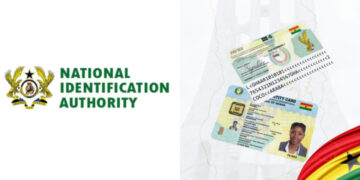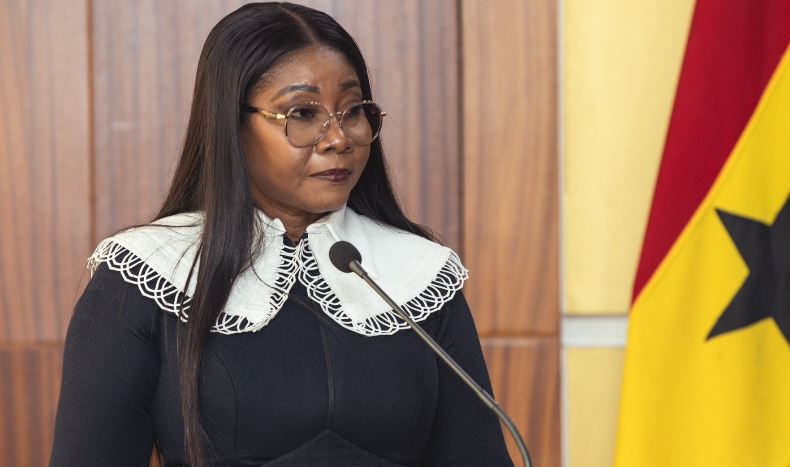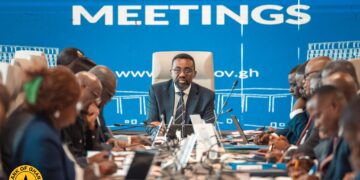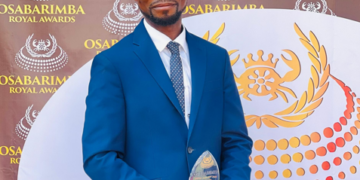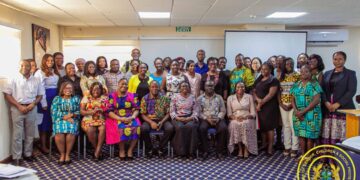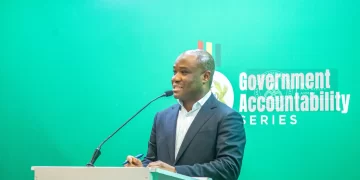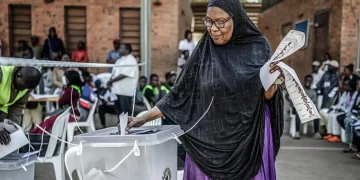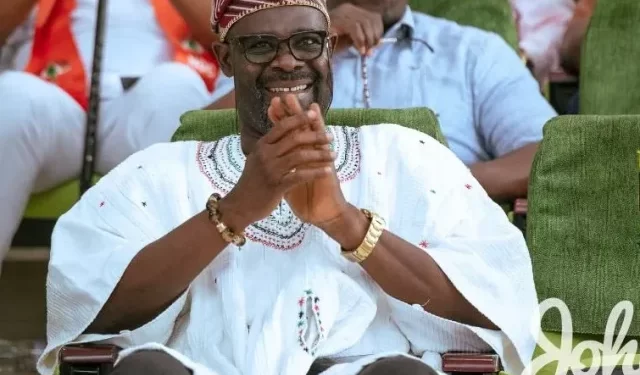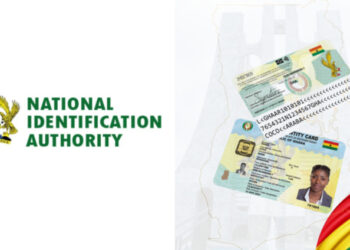The Kekeli Muslim Community (KMC) has raised concerns over the appointment of Mohammed Abdul Salaam as the Managing Director of the National Lottery Authority (NLA), urging President John Mahama to reconsider the decision in light of Islamic principles.
In a statement copied to the Ghana News Agency, the KMC expressed disappointment, describing the appointment of a Muslim to lead an institution associated with gambling as “troubling and heartbreaking,” given Islam’s strict prohibition of such activities.
Religious Basis for Concern
The statement cited Quranic verses and Hadiths that condemn gambling and games of chance.
- “O you who believe! Intoxicants and games of chance and idols and divining arrows are only an infamy of Satan’s handwork. Leave it aside that you may succeed” (Quran 5:90).
- “He who plays games of chance has disobeyed Allah and His Messenger” (Hadith narrated by Abu Dawud).
KMC emphasized that appointing a Muslim to such a role as the Managing Director of the National Lottery Authority (NLA) could be seen as a contradiction of Islamic values, potentially encouraging young Muslims to engage in activities considered haram (forbidden).
Related Article: Mohammed Abdul-Salam appointed acting CEO of National Lottery Authority
Call for Reconsideration
The KMC appealed to President Mahama to revise the appointment, stating that such a move would demonstrate respect for Islamic teachings and prevent possible backlash within the Muslim community.
Read Also: Ghana tops Global Mobile Money Regulation rankings for 2024
“The decision to reconsider his appointment will not only affirm your commitment to upholding Islamic values but also protect the Muslim youth from being influenced toward haram acts,” the statement said.
Engagement with Muslim Leaders
The community urged Muslim leaders and clerics to engage the President on the matter as a matter of urgency.
They expressed hope that addressing the issue promptly would strengthen the relationship between the Muslim community and the administration.
“We believe that your swift intervention will foster greater trust and cooperation between your administration and the Muslim community,” the statement concluded.
This appeal underscores the need for sensitivity to religious principles in public appointments, particularly in a diverse society like Ghana.

